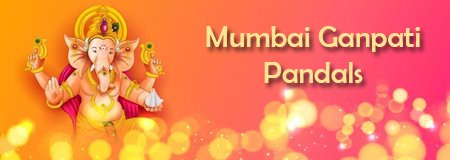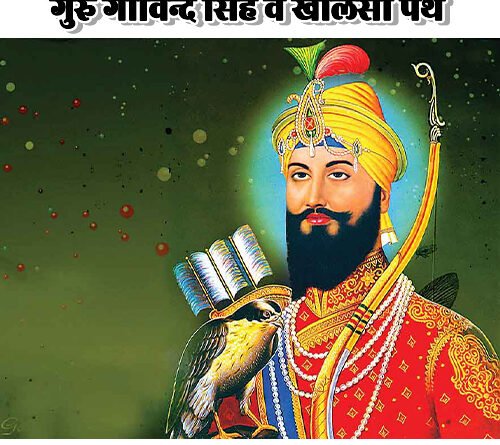Guru Gobind Singh and Khalsa Panth
Khalsa Panth was founded by Guru Gobind Singh in the year 1699. This has been a big moment in the history of Sikhs. The sole purpose of establishing Khalsa was to prepare such people to fight religious oppression and tyranny, who would not hesitate in sacrificing their lives to protect religion and motherland.Therefore, Guru Gobind Singh had gathered such a huge crowd on the day of Vaisakhi. Today Keshgarh Sahib Gurdwara stands proudly there. This is the place where Guru Gobind Singh, with a shining naked sword in his hand, had made a huge demand from the people present there. They wanted someone’s head ‘to protect the religion’.
There was commotion in the entire meeting. The people who followed this demand of Guru Gobind Singh in a fierce form, not only made the country proud with their bravery but also played an important role in breaking the barriers of caste. A person came forward. Guru Gobind Singh took him to the tent and…! When he came out, there was blood on his sword and he again made the same demand. Five people came forward one after the other and the same process was repeated. Many people felt that the Guru had gone mad? They are killing their own people. But, something else was going on in his mind.
At last Guru Gobind Singh went back to the tent and when he returned everyone present in the meeting was astonished. Along with him were the five brave men who had the courage to sacrifice their heads. Alive and safe. People understood that this was a test of the Guru, in which only a rare few had to pass. This is what happened. These were the first ‘Panj Pyare’ and also the first five members of the Khalsa. Then Guru Gobind Singh became the sixth member. These included Daya Ram, Dharam Das, Himmat Rai, Mohakam Chand and Sahib Chand. After this all of them were given the surname ‘Singh’. Guru Govind himself also became ‘Singh’ from ‘Rai’.
Guru Gobind Singh completed the first process of Khalsa Panth there. He mixed water and sugar in an iron jar with a sword and named it Amrit. By the same process by which the Guru got those five members into the Khalsa, by the same process those five together got the Guru into membership. Men were given the surname ‘Singh’ and women were given the surname ‘Kaur’.No consumption of tobacco, no consumption of Halala meat, no adultery and no consumption of alcohol – many rules and regulations were fixed for the Khalsa Panth, which were necessary. They were also given a special dress code.
Guru Gobind Singh had dressed all five in saffron clothes. In fact, Guru Gobind Singh had already said that just because he is asking for someone’s head, it does not mean that others are not dear to him. They love all the company but they want only such people for a special work. These five included people from all walks of life – from a person from Lahore to a Jat from Hastinapur.From a tailor to a barber in Dwarka. That is, among the five, one was a Kshatriya, one was a Jat and three were people who came from a community that many people called ‘low caste’. One who understood the Guru’s message became a true Sikh.
Khalsa has been given a special identity, a special task has been assigned to them and that is why they have become special in the Sangat. The bravery shown by the Khalsa Panth in many subsequent wars is history. Khalsa Panth was founded by Guru Gobind Singh on 13 April 1699. 322 years have passed but the faith of the Sikhs towards their motherland and religion remains steadfast. Guru Gobind Singh, in a way, revitalized the community.










